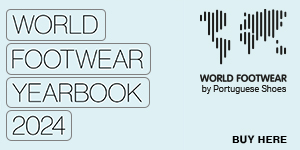The CICB Sustainability Forum discussed Links for Traceability
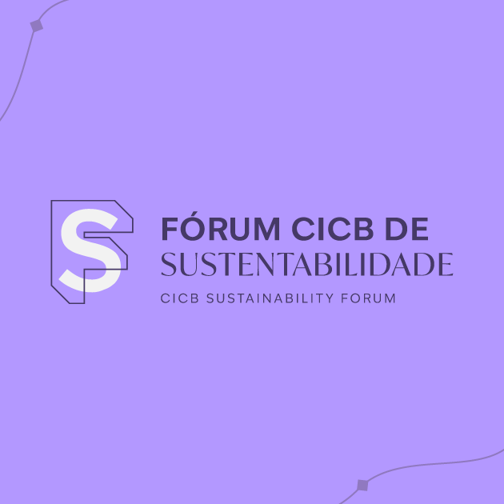
An entire afternoon of debates took place at the Fimec fair in Novo Hamburgo (Brazil) bringing together professionals from the entire leather chain, including tanneries, chemicals, livestock slaughterhouses, and machinery
The traceability of Brazilian leather was the focus of the 12th edition of the CICB Sustainability Forum, which took place on the 13th of March, during the 47th edition of the trade show Fimec. CICB is the Centre for the Brazilian Tanning Industry.
The central theme of the event was Links for Traceability, with a programme of lectures bringing together representatives from the Ministry of Agriculture and Livestock, private companies, and entities from the meat and leather industries.
The forum started with Ricardo Andrade, Technical and Sustainability Advisor at CICB, who delivered a presentation focusing on the main ideas currently in discussion around the leather chain. Andrade gave an overview of the topic while presenting an evolution of the main issues, complementing it with some best practices of relevance.
The central theme of the event was Links for Traceability, with a programme of lectures bringing together representatives from the Ministry of Agriculture and Livestock, private companies, and entities from the meat and leather industries.
The forum started with Ricardo Andrade, Technical and Sustainability Advisor at CICB, who delivered a presentation focusing on the main ideas currently in discussion around the leather chain. Andrade gave an overview of the topic while presenting an evolution of the main issues, complementing it with some best practices of relevance.
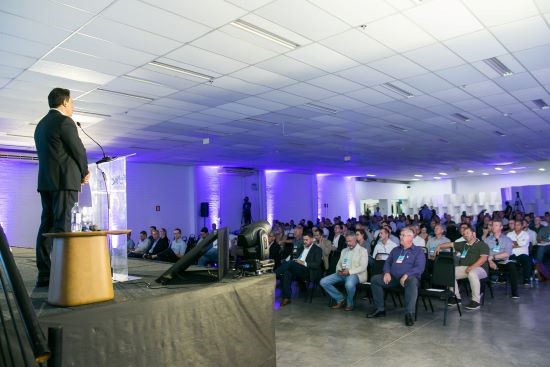
Otavio Klein, Executive Manager at Minerva Leather, followed and presented the journey of the group to deliver 100% tracked leather. Minerva Leather is the leather division of Minerva Foods, operating in Brazil, Paraguay, Uruguay, Argentina, and Colombia. It produces over 15 000 pieces of bovine leather per day, which are marketed in wet-blue and semi-finished form to companies in various sectors (automotive, furniture, footwear, and artifacts) across more than 35 countries. Klein shared some insights about the process and showed the tools used by the group to gather all the information, allowing a complete track of the full supply chain. According to him, in Brazil, 100% of their production has full traceability, and in 2022, the division completed the implementation of traceability seals on 100% of the hides produced in Paraguay. This seal ensures that the product’s origin was obtained sustainably. In 2023, with the commencement of operations in Uruguay, traceability of hides in the country was also initiated. The leathers processed by Minerva Leather are stamped at the slaughterhouse, ensuring complete traceability and meeting various certifications. The leather processing is carried out in tanneries certified by the Leather Working Group (LWG) with a Gold rating.
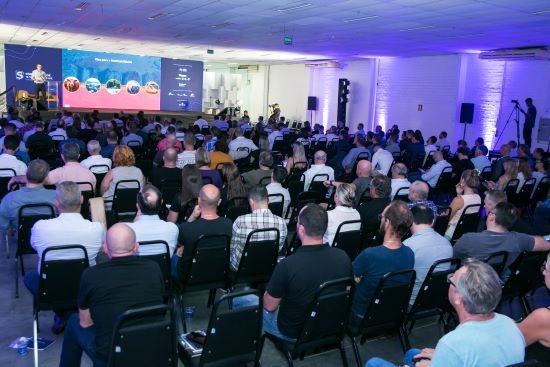
André Luiz Tessele Nodari, founding partner of NBN Tecnologia and counselor at ABRAMEQ (Brazilian Association of Machinery and Equipment Industries for the leather, footwear, and related sectors) presented a proposal to extend the traceability of the animal to the leather.
Bruno Meireles Leite, General Coordinator of Animal Production at the Secretariat of Innovation, Sustainable Development, Irrigation and Cooperativism (SDI) of the Ministry of Agriculture and Livestock (MAPA) delivered a presentation about the projects, updates, and perspectives on the topic of sustainability and traceability from the Ministry of Agriculture and Livestock.
The afternoon's works closed with a panel-themed The Future of the Sector and Traceability with Francisco Pugliese de Castro, from CAN (Brazilian Confederation of Agriculture and Livestock), Fernando Sampaio from ABIEC (Brazilian Beef Exporters Association) and Bruno Meireles Leite. José Fernando Bello, Executive President of CICB, moderated the panel. This was the moment for the different links in the production chain to share ideas and predictions on the topic. A vivid conversation that allowed a reflection on the existing concerns regarding putting in place all the requirements under discussion and highlighted the common ground for the future developments of the supply chain.
Bruno Meireles Leite, General Coordinator of Animal Production at the Secretariat of Innovation, Sustainable Development, Irrigation and Cooperativism (SDI) of the Ministry of Agriculture and Livestock (MAPA) delivered a presentation about the projects, updates, and perspectives on the topic of sustainability and traceability from the Ministry of Agriculture and Livestock.
The afternoon's works closed with a panel-themed The Future of the Sector and Traceability with Francisco Pugliese de Castro, from CAN (Brazilian Confederation of Agriculture and Livestock), Fernando Sampaio from ABIEC (Brazilian Beef Exporters Association) and Bruno Meireles Leite. José Fernando Bello, Executive President of CICB, moderated the panel. This was the moment for the different links in the production chain to share ideas and predictions on the topic. A vivid conversation that allowed a reflection on the existing concerns regarding putting in place all the requirements under discussion and highlighted the common ground for the future developments of the supply chain.
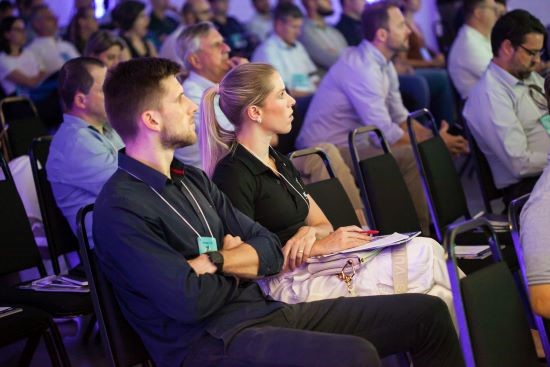
The event was presented by journalist Roberta Pschichholz.
You can now access the recording of all the lectures of the CICB Sustainability Forum 2024 on Youtube.
About the event
The CICB Sustainability Forum was promoted by the Brazilian Leather project, an initiative of the Centre for the Brazilian Tanning Industry in partnership with the Brazilian Trade and Investment Promotion Agency (ApexBrasil).Gold Sponsors: IDH, Minerva Leather and Abrameq with BKS, Master, NBN, and Michelon.
Silver Sponsors: Midori Auto Leather, Sincurt and Viposa and Vancouros.
Support: Euro-América.
For more information about the CICB Sustainability Forum please refer to the event's website by clicking HERE.







